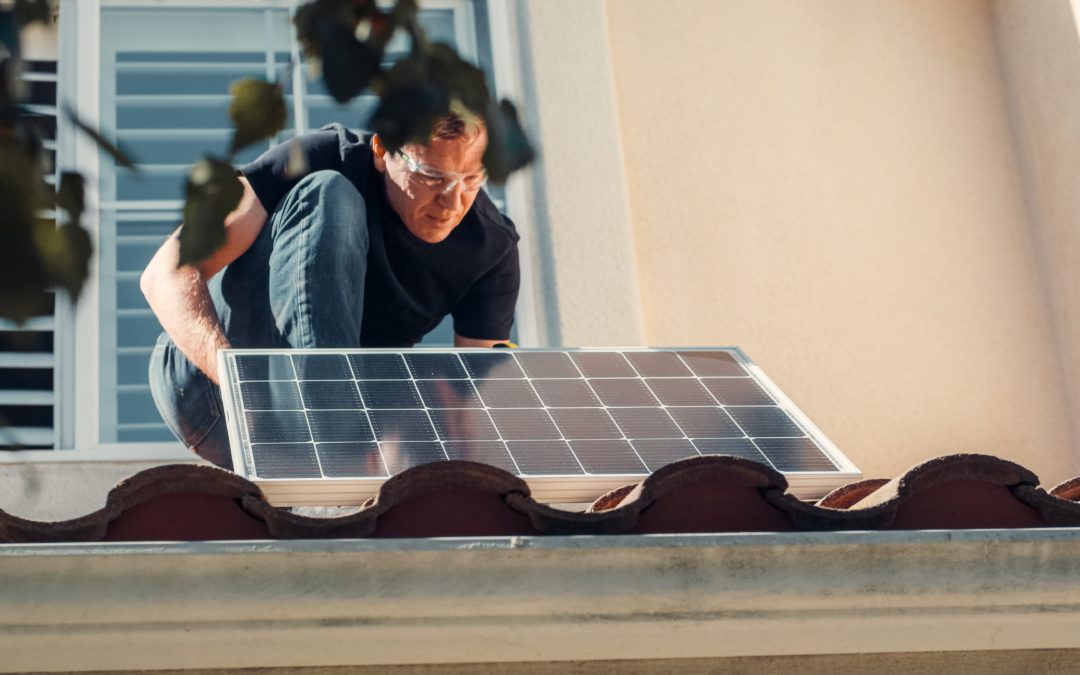The Energy Efficient Home Improvement Credit now also covers biomass stove and boilers, electrical panels, and home energy audits. The nonbusiness energy credits have been extended to 2032 with removal of lifetime credit limits to an annual credit limit. The credit is not to exceed $1,200 per year maximum. With an exception for electric or natural gas heat pumps, water heaters, biomass stove boilers for a maximum credit of $2,000. Removed from the credit starting in 2023 are roof and air circulating fans.
Starting in 2023 the new limits are as follows:
$150 Energy Efficient Home Improvement Credit
• home energy audits
$250 Energy Efficient Home Improvement Credit
• exterior door or $500 total for all exterior doors
$600 Energy Efficient Home Improvement Credit
• exterior window
• skylights
• central air conditioners
• electrical panels and related equipment
• natural gas, propane, or oil water heaters
• natural gas, propane, or oil furnaces
• hot water boilers
$2000 Energy Efficient Home Improvement Credit (these are allowed to exceed the $1200 year max credit to a $2,000 max)
• electric or natural gas heat pump water heaters
• electric or natural gas heat pumps
• biomass stoves or boilers
Note that starting in 2024 the credits will only be allowed if the manufacturer creates a product identification number for the item and the person claiming. This information will then be reported on the tax return.
The old rules that apply for years before 2022 had a lifetime limit of $500 for the credit, a $200 lifetime limit for new windows. The credit had maximum credits of $50 for air circulating fans, $150 for furnaces and boilers, $300 for certain water heaters, heat pumps and air conditions.
This is a non-refundable tax credit that reduces your tax liability. If your tax liability is zero or reduced by other credits, it may not be an advantageous tax planning credit. This credit does allow a carryforward of the credit.
Residential Clean Energy Credit
The Residential Clean Energy Credit is calculated at 30% of the cost of eligible improvements made during the years 2022 to 2032. The credit will decrease to 26% in 2033, 22% in 2034 when it will expire at the end of the year. The credit can be used for the following items:
• Solar Panels
• Solar powered water heaters
• Wind turbines
• Geothermal
• Fuel cells
This is a non-refundable tax credit that reduces your tax liability. If your tax liability is zero or reduced by other credits, it may not be an advantageous tax planning credit. This credit does allow a carryforward of the credit.

